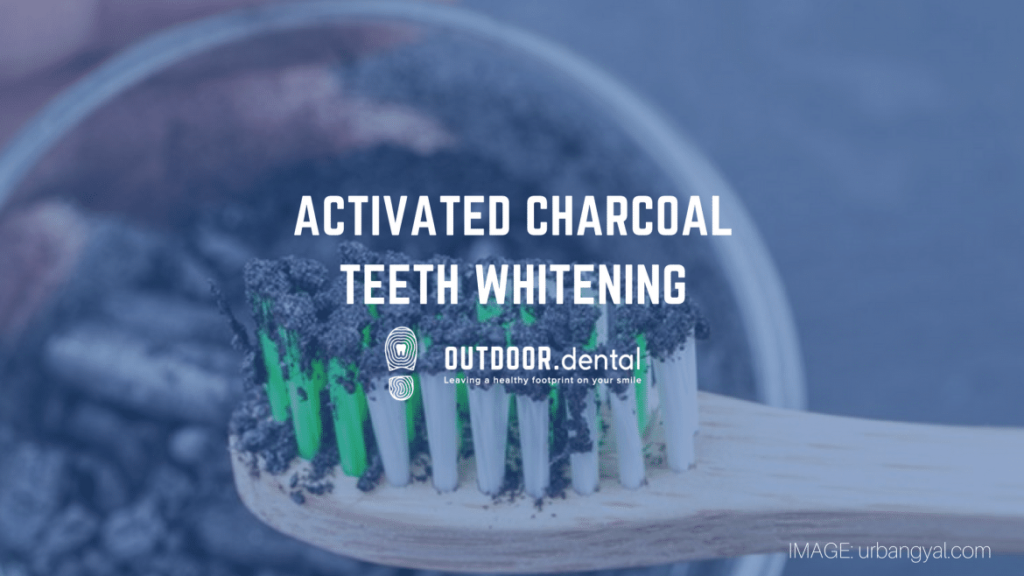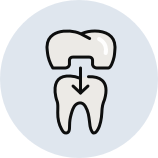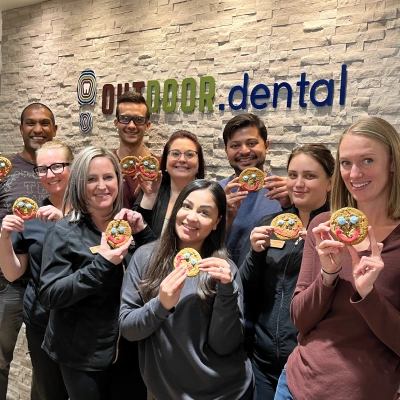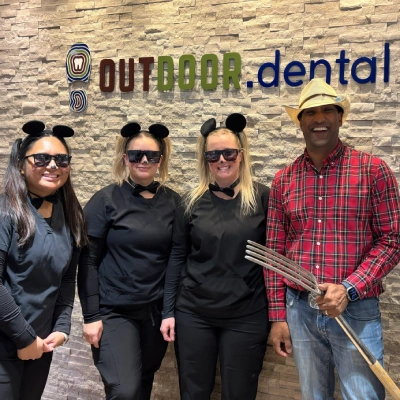I’m always so excited when people tell me they’re doing all they can to live a healthy lifestyle. And I back their efforts, including when they want to use all-natural dental products.
But I don’t offer blind support. Of paramount importance is whether these products are safe for my patients to use or not.
One product that has come onto my radar: Charcoal for teeth whitening.
Many people swear by the effectiveness of dental products that incorporate this ingredient.
But I want to know: Is it healthy?
That’s why I thought a post about charcoal from a teeth whitening dentist might be a great idea. I’ll give you the low-down on this all-natural ingredient and show you if it’s safe to use or not.
What is “activated” charcoal and how is it made?
You may have seen pictures of videos of people using some form of activated charcoal. Activated charcoal is a fine, black powder. It is odorless and tasteless, which makes it an ideal ingredient for health, wellness, or beauty items. After all, it’s no fun using remedies that smell or taste horrible.
Producers of the charcoal get it from charred bones, peat, olive pits, coconut shells, and other materials. They then “activate” the charcoal by processing it at high temperatures.
This changes the chemical structure. The result is a component that is more porous than your run-of-the-mill charcoal.
Is activated charcoal the same type of charcoal used to heat your barbeque? No.
The foundation materials (bones, peat, etc.) are the same. However, charcoal briquettes aren’t “activated.” Because of this, they’re not safe for use as a supplement or beauty product.
Quite a few health gurus swear by activated charcoal. They claim that it detoxifies the body, which makes it an ideal digestive aide.
They also claim that it helps to:
- Filter water
- Treat body odor
- Treat acne, rashes, or bites
- Remove mold from the body
- Remove toxins, like pesticide, heavy metals, drugs, and alcohol
Another reason why they recommend it to people: Teeth whitening. Does charcoal for teeth whitening really work?
Charcoal for teeth whitening: Why it might not be the miracle remedy you were hoping for
People who have tried charcoal for whitening claim that it works great.
They say that, while it’s a messy process, it doesn’t bother them like traditional bleaching products. This usually refers to the fact that their teeth and gums aren’t as sensitive after use. (Some people can experience sensitivity with over-the-counter bleaching systems.)
And of course, these folks feel like they’re doing something good for their body by using a natural whitening product.
What does a teeth whitening dentist have to say on the subject?
As much as I love all-natural products, this is my honest opinion: Charcoal for teeth whitening is not your best option.
Here’s why:
First of all, there’s not enough research on the safety and effectiveness of using charcoal dental products.
In the short-term, activated charcoal might not damage the teeth. But because we don’t have any long-term studies, we don’t know if the teeth are being damaged or not.
Is the charcoal damaging the enamel, interacting with medications, or having a negative impact on oral bacteria? These are questions we don’t have definitive answers to currently.
Second, activated charcoal is often not as effective as many people hope.
Professional, in-office whitening treatments can lighten the teeth by eight shades in one visit. It’s not likely that you’ll get these kinds of results from charcoal. Even people who have been happy with the shade change they’ve achieved admit that it wasn’t that significant.
Some dentists also theorize that the black powder can settle into cracks and imperfections of the teeth. The result: A darkening of the teeth instead of brightening.
Why it’s vital you see your Calgary dentist before embarking on any whitening program
As strong as our teeth are, they’re still susceptible to damage. That’s why it’s imperative to see a teeth whitening dentist before embarking on any sort of teeth brightening venture.
 We want to make sure that you don’t use any products that could potentially damage your teeth. Doing so would leave them susceptible to sensitivity and decay.
We want to make sure that you don’t use any products that could potentially damage your teeth. Doing so would leave them susceptible to sensitivity and decay.
It’s also important to evaluate the teeth first to rule out decay. Whitening with active decay could lead to serious nerve damage. Therefore, whitening should be overseen by a dentist in Calgary. Professional whitening treatments aren’t just effective – oftentimes, they’re the safer option.
Are you ready for a brighter smile? Contact my Calgary dentist office to schedule an appointment to evaluate your overall dental health and discuss your teeth whitening options.























